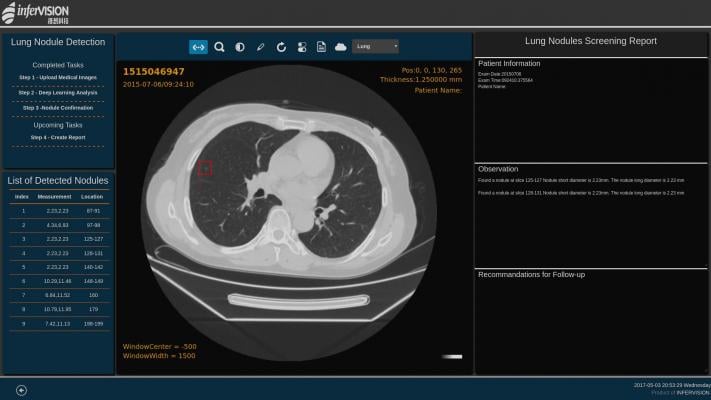
October 26, 2017 — A study that integrated robust smoking cessation programs into an organized low-dose computed tomography (LDCT) lung cancer screening program found that the inclusion of both interventions has the potential to decrease mortality rates while being relatively cost-effective. William Evans, M.D., of McMaster University in Canada presented these findings at the International Association for the Study of Lung Cancer (IASLC) 18th World Conference on Lung Cancer (WCLC), Oct. 15-18 in Yokohama, Japan.
Previous studies had shown that LDCT screening for smokers at high-risk of developing lung cancer can reduce lung cancer-specific and overall mortality rates. Based on findings from a retrospective analysis, smoking cessation likely plays a role in this mortality reduction. In light of these developments, Evans and his team decided to undertake their own research in this area.
The researchers used a microsimulation model called OncoSim-LC. OncoSim-LC is led and supported by The Canadian Partnership Against Cancer with model development by Statistics Canada, and is made possible by funding from Health Canada. Using the model, the researchers compared screening without an accompanying cessation program to screening scenarios with cessation interventions, projected over 20 years. Cost-effectiveness was estimated based on a lifetime horizon, health system perspective and 1.5 percent discount rate. Costs were reported in 2016 Canadian dollars.
Analyzing the results from the OncoSim-LC model, the researchers determined that adding a cessation program to an organized LDCT screening program could cost $14,000/quality-adjusted life-years gained, even over multiple attempts at smoking cessation, and result in significantly fewer deaths.
"To achieve the maximal benefits of a LDCT screening program, it is essential to incorporate a robust smoking cessation intervention," said Evans. "In my long career as an oncologist, I have not been able to save any patients from advanced non-small cell lung cancer. I believe that an organized lung screening program can be used to provide teachable moments for heavy smokers and, ultimately, save lives."
Some questions remain concerning how these joint programs would look in practice. More implementation research needs to be conducted in order to determine the exact economic requirements, ensure participant adherence to both types of intervention and analyze other logistical trade-offs. However, these research results are promising and offer hope for more lives to be saved.
For more information: www.wclc2017.iaslc.org


 February 09, 2026
February 09, 2026 









